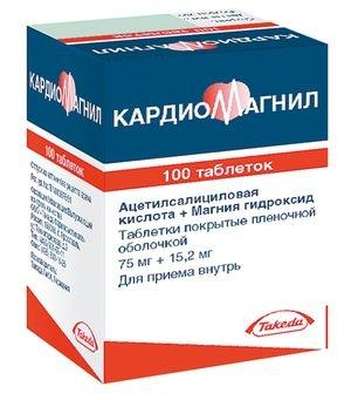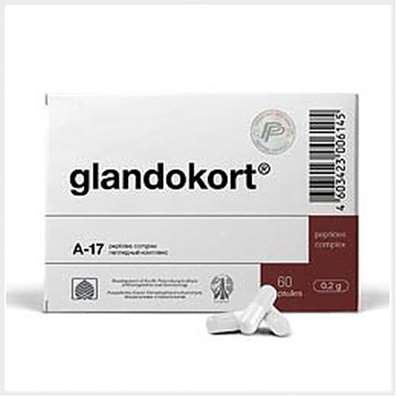Neurotoxins and receptors
06 Dec 2016
Pharmacologist Dr. Doping tells about "wet" Biochemistry, radioactive analysis and the role of nicotinic receptors in the development of Alzheimer's disease. What is a nicotinic receptor? By what methods can be identified receptors and to study their function? What role do they play in our body?
In the late 60-ies of the last century, Chinese scientists discovered that the snake venom contains a toxin protein, which has a high affinity to the nicotinic acetylcholine receptors - they discovered that the receptor marker. It is a strong interaction between the protein, alpha-bungarotoxin, possible to identify receptor and receptor. Typically, the receptors are not very many, and they are very difficult to allocate. However, the electric organ stingray appeared packed with nicotinic receptors. Using the method of affinity chromatography has in 1970 it was possible to individually obtain a membrane receptor.
Done and mutagenesis of the toxin and the receptor, in order to obtain information that is the active site (recognizing / binding) of the receptor. This is made possible by introducing mutations. This allowed to test whether the toxin interaction with the receptor changed or not, it experiments in vitro. It can also be administered in radiolabels toxin and other ligands in view of the binding process using radioligand assay. 80 years of the last century - is flourishing physiology methods, registration of ion channels; nicotinic receptor - is an ion channel. There finest methods measure currents that go to those channels, and accordingly, it is possible to see how a particular compound to affect the currents in ion channels. Combining methods of e-physiology, protein chemistry techniques ( "wet" biochemistry) to determine how these different classes of molecules (toxins and receptors) interact with each other.
To improve brain function –buy Cogitum, Cortexin, Semax, Piracetam.
Nicotinic receptors are differently located in the brain: hippocampus, which is largely responsible for memory, cognitive processes, is a subtype receptor in other brain - other subtypes. I can not say that all the processes in the brain are determined by the work of nicotinic receptor, but to many it contributes. Alzheimer's disease (although the exact reasons for its development is not known), and Parkinson's disease is an example. Primarily impaired cognitive processes in these diseases is due to the fact that the system suffers cholinergic transmission.

 Cart
Cart





